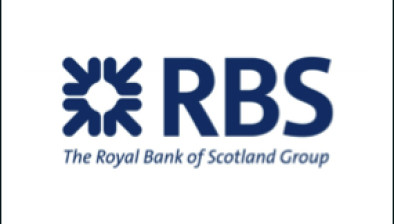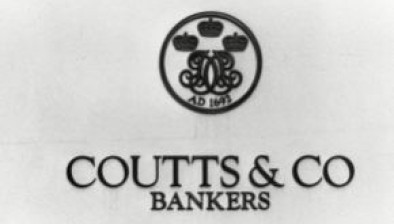RBS: Scottish private sector downturn eases but remains severe
The Scottish economy remained stuck in a downturn during February, according to the latest Royal Bank of Scotland PMI.

Malcolm Buchanan, chair, Scotland Board, RBS
This was highlighted by the seasonally adjusted headline Royal Bank of Scotland Business Activity Index - a measure of combined manufacturing and service sector output - remaining well below the 50.0 mark.
Rising from 33.3 in January to 44.1 in February, the latest figure pointed to a slower pace of reduction, but one that was still sharp overall. At the sector level, the downturn was centred on services, which saw a further marked drop in activity, while manufacturing output returned to growth.
Meanwhile, inflows of new business declined further, amid reports that ongoing coronavirus disease 2019 (COVID-19) measures had stymied client demand. Positively, sentiment towards activity over the coming 12-months was the strongest on record, with hopes of looser restrictions and an economic recovery driving optimism.
A sixth straight monthly reduction in the level of new business at Scottish private sector firms was recorded in February. Panellists linked the latest fall almost exclusively to lockdown restrictions. The rate of decline eased on the month, but was still sharp and much quicker than that at the UK level.
Scottish services firms registered a much faster decrease in new work than manufacturers.
Private sector firms in Scotland recorded improved confidence with regards to the year ahead outlook for activity in February. In fact, the level of positive sentiment was the highest on record (since 2012). Confidence was attributed by respondents to hopes of a timely end to COVID-19 restrictions and a subsequent economic recovery.
Scottish private sector employment declined for the thirteenth straight month during February. Panellists noted that COVID-19 restrictions and temporary closures had led them to cut back on staffing, although there were also mentions of the government furlough scheme. Although still moderate, the rate of job shedding was the slowest for a year.
Job cuts were concentrated on the services sector, as manufacturers registered a slight rise in staffing levels.
As has been the case throughout much of the past seven years, the level of outstanding business at Scottish firms decreased during February. Anecdotal evidence linked the latest fall to weak activity requirements due to COVID-19 measures. The rate of backlog depletion was the slowest for a year, but still solid overall.
February data marked a ninth successive monthly increase in cost burdens facing Scottish private sector firms. Moreover, the latest rise was the fastest for a year. Greater raw material costs, price hikes at suppliers, higher logistical expenses and fees associated with Brexit were the main drivers of inflation according to respondents.
Nonetheless, only London saw a slower uptick in input prices than Scotland across the 12 areas monitored during February.
Average charges levied by Scottish private sector firms increased for the fourth straight month during February. Panellists attributed the latest rise to the pass-through of higher input costs to clients. The rate of inflation remained modest and was slightly weaker than that across the UK as a whole, however.
At the sector level, goods producers registered a much quicker increase in charges than their services counterparts, reflective of greater exposure to supply chain disruptions and raw material costs.
Malcolm Buchanan, chair, Scotland Board, RBS, commented: “Lockdown measures continued to stifle the Scottish economy in February. Both business activity and inflows of new work fell steeply again, although the rates of decline eased notably since January. Ongoing logistical issues and price hikes at suppliers forced costs higher still but, with client demand constricted, firms increased their charges only modestly.
“Despite the challenging conditions, Scottish companies reported the strongest level of business confidence on record in February, with the lockdown roadmap prompting hopes of easing restrictions and a strong economic recovery in the coming year.”










